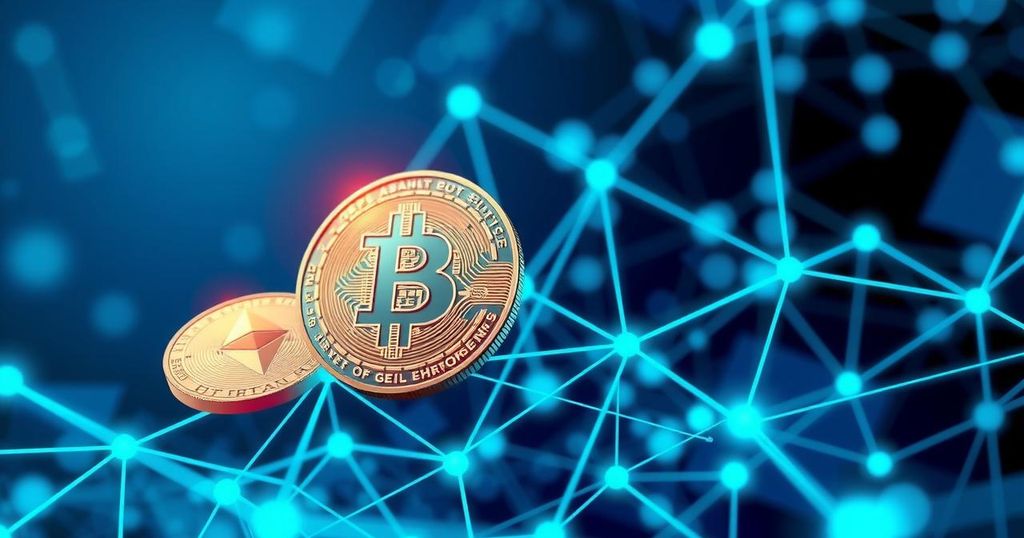Coinbase and PayPal Join Forces to Boost PayPal USD Stablecoin Adoption
Coinbase and PayPal have enhanced their partnership to improve accessibility for PayPal USD (PYUSD) stablecoin, allowing fee-free purchases and direct conversions to U.S. dollars. This collaboration is significant for the crypto ecosystem as it may boost PYUSD’s role in decentralized finance. However, while stablecoins offer advantages like reduced volatility, they also carry risks and uncertainties, especially regarding regulation and consumer protections.
Coinbase and PayPal have announced an expanded partnership aimed at making PayPal’s stablecoin, PayPal USD (PYUSD), much more accessible. This partnership positions Coinbase, a leading U.S. cryptocurrency exchange, alongside PayPal, a giant in e-commerce and payment processing. The crux of this arrangement revolves around integrating PYUSD into broader applications, potentially giving it an edge in a competitive stablecoin market.
The announcement, made on April 24, indicates that users can now buy PayPal USD without facing any fees on Coinbase, and they can also convert PYUSD directly into U.S. dollars. This also opens a pathway for PYUSD in decentralized finance (DeFi), a sector aimed at enabling financial services without the need for traditional intermediaries, like banks. Concepts like peer-to-peer lending to earn interest are examples of what could be explored further.
However, despite the potential, DeFi still faces numerous hurdles. Issues such as limited functionality, security risks, and regulatory unpredictability hinder its expansion. While DeFi might hold a real-world application of cryptocurrencies, widespread trust and reliability remain to be established.
Although PayPal launched its stablecoin in 2023, it is still trailing behind the likes of Circle’s USDC and Tether in market share. The deal with Coinbase could enhance PayPal’s chances at disrupting the landscape. Alongside this, stablecoins have been crucial in the crypto arena; recent data from CEX.IO indicates that their transaction volume hit a staggering $27.6 trillion in 2024, surpassing the combined volumes of Visa and Mastercard.




Post Comment